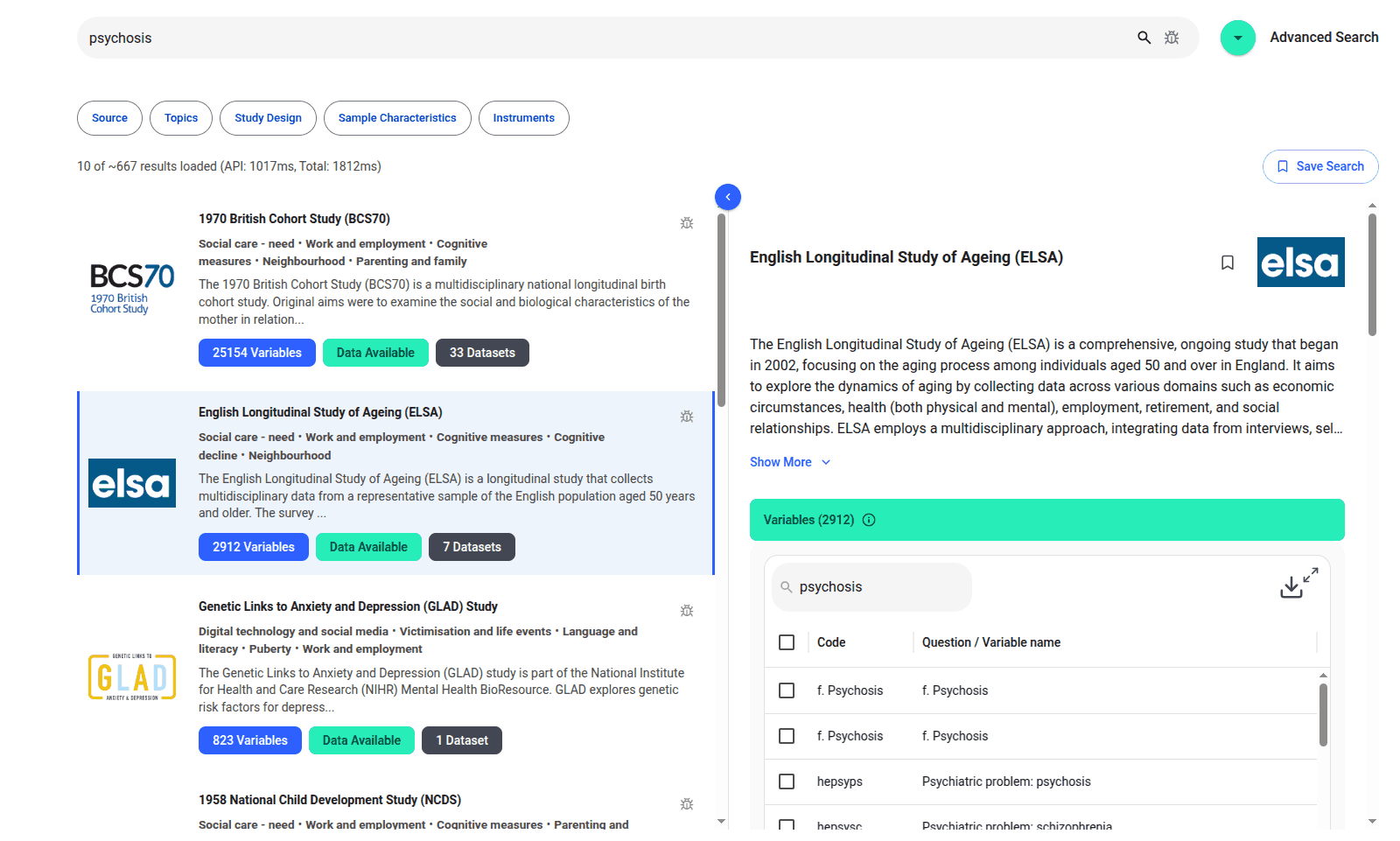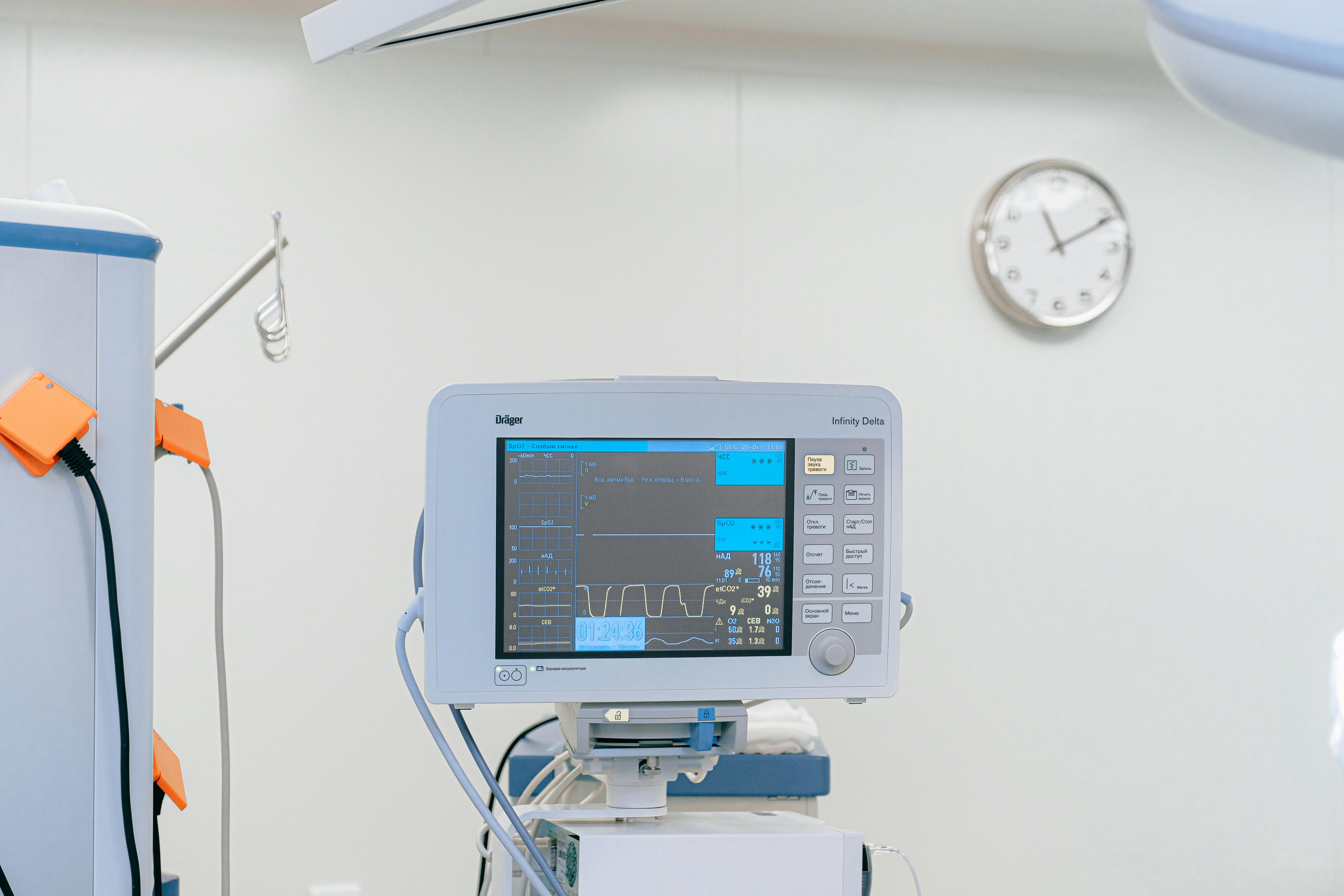Do you need to compare questionnaire data across studies? Are the items inconsistent, or are there different versions of the same questionnaire floating around? Do you have questionnaires written in different languages that you would like to compare?
Harmony is a data harmonisation project that using Natural Language Processing to to help researchers to make better use of existing data from different studies by supporting them with the harmonisation of various measures and items used in different studies. Harmony is a collaboration project between Ulster University, the Centre for Longitudinal Studies at UCL and Universidade Federal de Santa Maria in Brazil, and Fast Data Science Ltd.
Harmonise questionnaire items
Harmony is a data harmonisation project that uses Natural Language Processing (NLP) to help researchers make better use of existing data from different studies. It can be used to compare questionnaire data across studies, even if the questionnaires are written in different languages.
Harmony first extracts the questions from each questionnaire. It then uses NLP techniques to compare the questions and identify their semantic similarity. This allows Harmony to match questions from different questionnaires, even if they are not worded identically.
To use Harmony, you first need to upload the questionnaires you want to compare to the Harmony website. You can upload PDF or Excel files. Harmony will then automatically extract the questions from the files and start matching them.
You can then review the matches that Harmony has made. If you disagree with a match, you can easily remove it. You can also adjust the sensitivity of the matching algorithm to make it more or less strict.
Once you are satisfied with the matches, you can export the harmonised data to Excel.
Harmony can help you to:
To learn more about Harmony, visit the Harmony website: https://harmonydata.ac.uk
You can also watch video tutorials on how to use Harmony: https://harmonydata.ac.uk/videos/
Fast Data Science is a company that develops data science tools and solutions for researchers. We developed the AI backend behind Harmony and we are committed to making data science more accessible and user-friendly.
To learn more about Fast Data Science, visit our website: https://fastdatascience.com
Unleash the potential of your NLP projects with the right talent. Post your job with us and attract candidates who are as passionate about natural language processing.
Hire NLP Experts
We are excited to introduce the new Harmony Meta platform, which we have developed over the past year. Harmony Meta connects many of the existing study catalogues and registers.

Guest post by Jay Dugad Artificial intelligence has become one of the most talked-about forces shaping modern healthcare. Machines detecting disease, systems predicting patient deterioration, and algorithms recommending personalised treatments all once sounded like science fiction but now sit inside hospitals, research labs, and GP practices across the world.

If you are developing an application that needs to interpret free-text medical notes, you might be interested in getting the best possible performance by using OpenAI, Gemini, Claude, or another large language model. But to do that, you would need to send sensitive data, such as personal healthcare data, into the third party LLM. Is this allowed?
What we can do for you